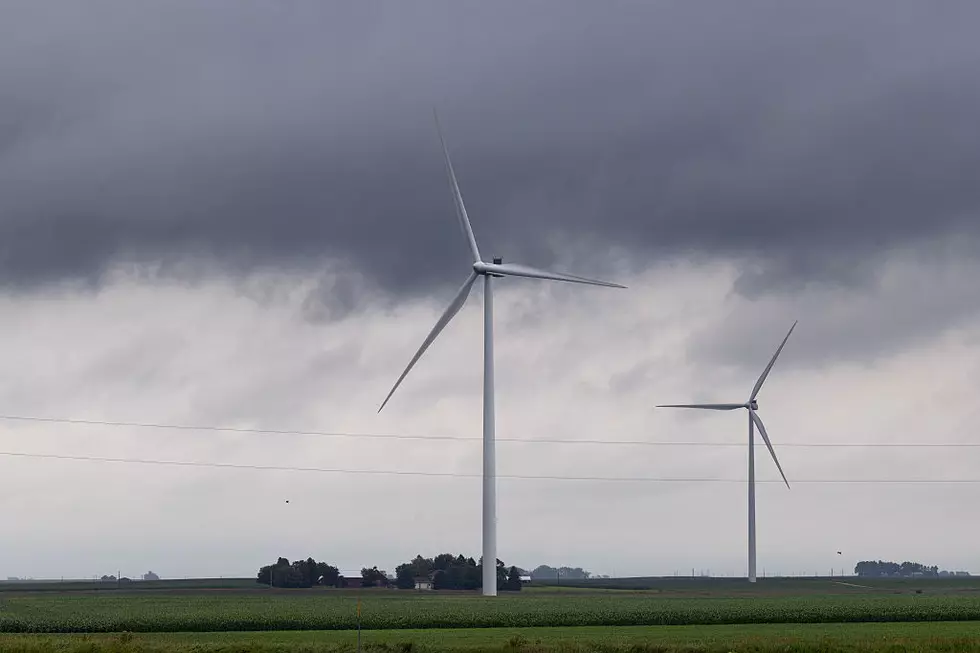
Will Cuts in Federal Solar and Wind Energy Incentives Doom HH Hills Windfarm?
While the legal wrangling continues over the controversial Horse Heaven Hills Wind farm, moves at the Federal level could possibly scale it back or curtail it altogether.
Tri-Cities CARES update on wind farm
Tri-Cities CARES, along with the Yakama Nation and Benton County, have been leading the fight against the controversial Horse Heaven Hills wind farm proposed south of Kennewick, that would litter the spine of the hills with potentially several hundred turbines. The project was pushed forward for by former Governor Jay Inslee, who ignored numerous environmental issues, including wildlife depredation, and significant firefighting issues from the tall windmills just to name a few.
TC Cares, in their latest update, discussed the latest wrangling with EFSEC, the Energy Facility Site Evaluation Council, the courts and other entities.
They also mentioned how the One Big Beautiful Bill Act, which was signed into law July 4th of this year, will significantly curtail and phase out Federal tax credits and incentives for solar and wind projects. These are costing taxpayers billions of dollars.
According to TC Cares:
"Signed into law on July 4, 2025, the OBBBA significantly accelerates the phaseout of clean energy tax credits originally expanded under the Inflation Reduction Act (IRA):
Solar & Wind Credits (IRC §§ 45Y & 48E):
Projects must begin construction before July 4, 2026 and be placed in service by December 31, 2027 to qualify for tax credits/subsidies.
After that, eligibility drops sharply, with full termination by 2030 for most technologies."
According to several sources, including Canary Media and the Center for American Progress, they believe these cuts would significantly and negatively affect the HH Hills Wind Farm. They, and other such projects, depend on what's called the Production Tax Credit (PTC) and Investment Tax Credit (ITC). These credits help offset the cost of construction and initial operations..
Study after study has shown without these credits, many, if not most of these environmental projects, are not economically feasible. For solar, part of the issue is China has the market cornered on solar panels and similar equipment, parts made elsewhere are far more expensive.
Without these Federal programs propping them up, these so-called energy sources would not be able to stand on their own.
Many groups who oppose these projects are hoping the withdrawal of Federal incentives will cause the developers to look elsewhere, and it will save taxpayers money.
Beware of These 50 Jobs That Might Vanish in the Next 50 Years
More From 870 AM KFLD









